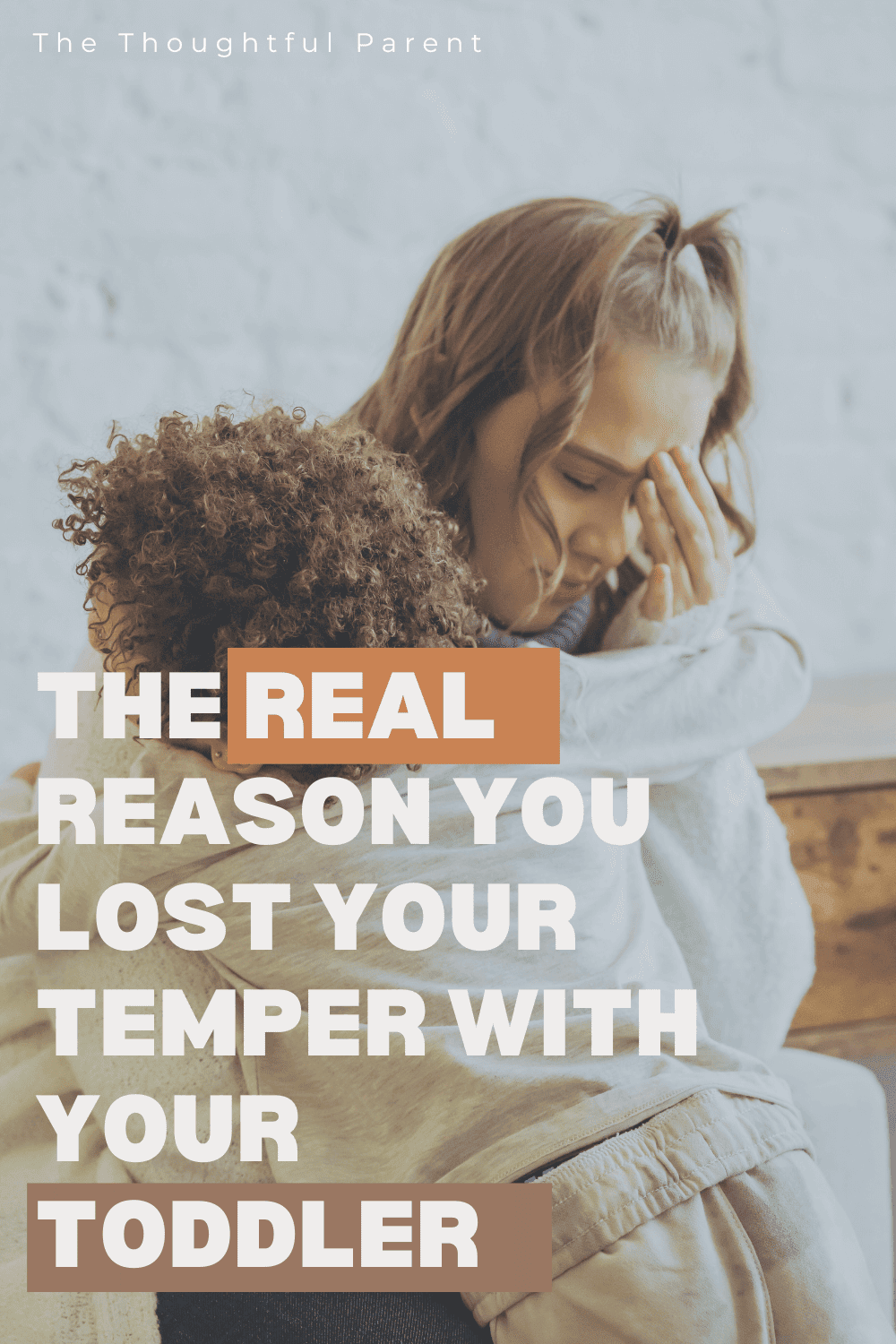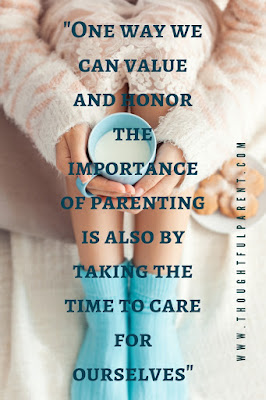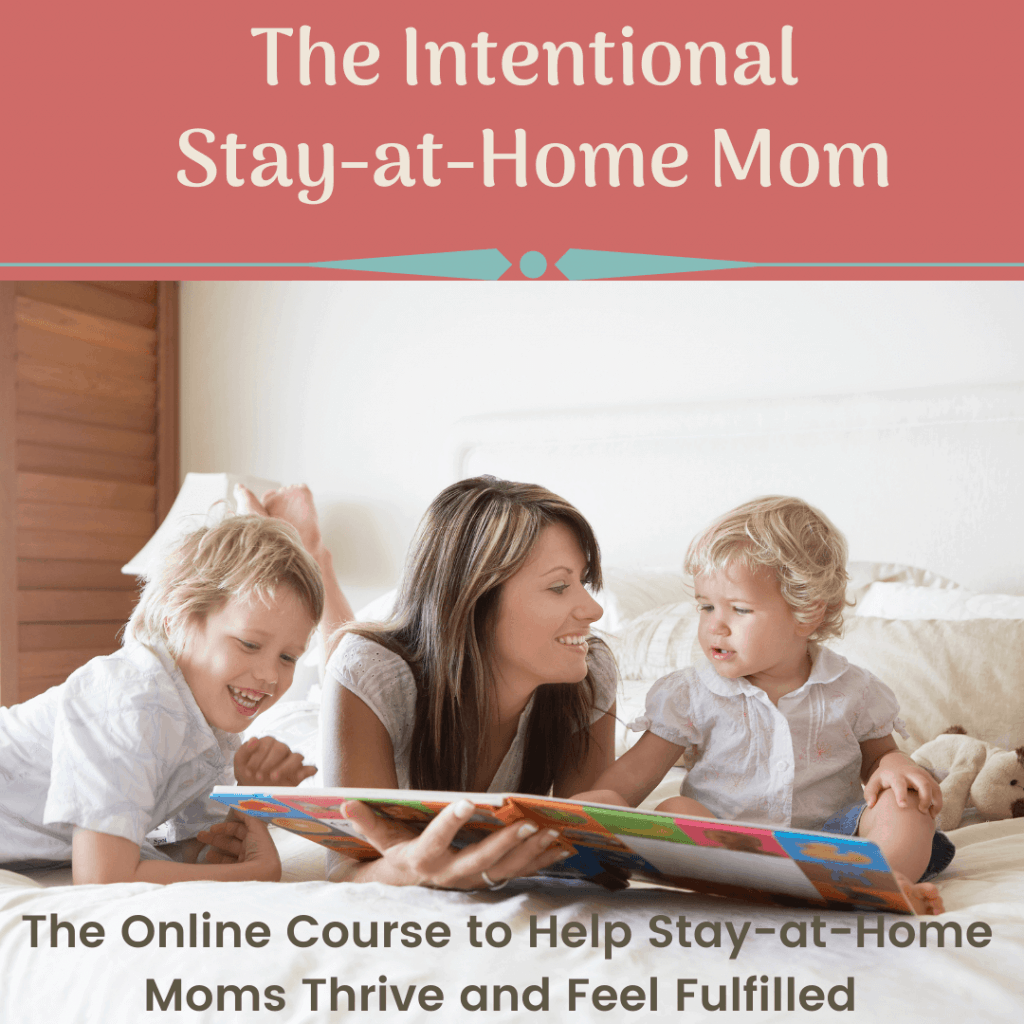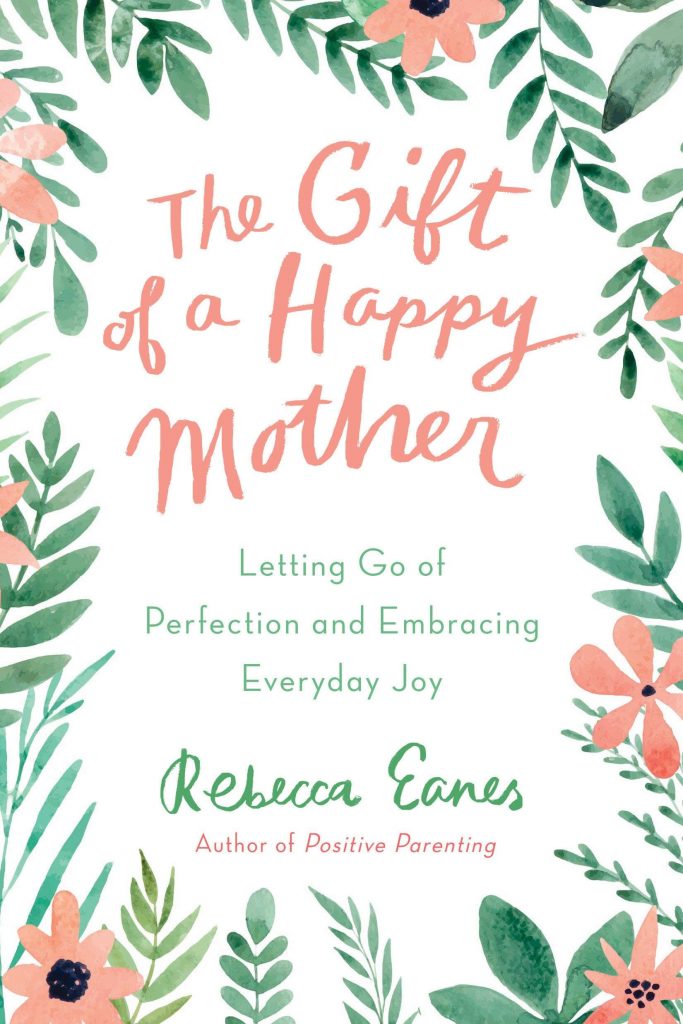Sneak peek: Losing patience with your toddler is not something most of us would hold up as our best parenting moment, but it happens. Research offers us some insight into the underlying reason why it’s hard to keep your cool.
As most parents know, feeling some degree of fatigue on a daily basis is an almost inescapable part of early parenthood. Caring for small children takes a lot of energy and many parents are often caring for an infant (who may not sleep through the night yet) at the same time as a toddler or preschooler.

Parents who have experienced this frequent fatigue know that it can really wear on your patience. When you are tired, it is often harder to be patient and considerate of a toddler’s sometimes erratic or less-than-compliant behavior. Under these circumstances, losing patience with your toddler seems to happen all too often. Researchers have taken note of this and have begun to study the influence of fatigue on mothers’ interactions with their toddlers.
I Keep Losing My Temper With My Toddler. Why?
A recent study considered this issue, specifically studying maternal fatigue and the use of verbal control with their toddlers. The study included 34 mother-toddler pairs and assessed mothers’ verbal interactions during a patience task in which the toddler was instructed not to touch a particular toy for eight minutes. During this task, several types of mothers’ verbal control strategies were coded, including:
polite do: mother requests that the child perform or stop performing a behavior
hint do: mother hints that the child should perform or stop performing a behavior
positive evaluation: mother praises child’s behavior to encourage its continuance
bargaining: mother requests the child’s compliance by offering something in exchange
empathy: mother showing empathy with child’s feelings
negative evaluation: mother chastising child for non-compliant behavior
The researchers then evaluated the relationship between these verbal control strategies and mothers’ fatigue and sleep deprivation. Not surprisingly, the results showed that the more fatigued mothers were, the less likely they were to use positive verbal control strategies (polite do, hint do, positive evaluation) during the patience task. Similarly, mothers who experienced more sleep deprivation were less likely to use polite do, hint do or bargaining strategies. In other words, parenting while fatigued makes it harder to be patient.

The researchers then evaluated the relationship between these verbal control strategies and mothers’ fatigue and sleep deprivation. Not surprisingly, the results showed that the more fatigued mothers were, the less likely they were to use positive verbal control strategies (polite do, hint do, positive evaluation) during the patience task. Similarly, mothers who experienced more sleep deprivation were less likely to use polite do, hint do or bargaining strategies. In other words, parenting while fatigued makes it harder to be patient.
Related reading: What Being a Stay-at-Home Mom Taught Me About Child Development (that a Ph.D. didn’t!)
Losing Patience with Your Toddler: Not Guilt but Solutions
This type of research is not meant to condemn parents or even just point out what seems like an obvious point. I think the value here is to illustrate that what we, as parents, experience on a daily basis is real and not just a meme on Facebook.

Parenting is the hard work of nurturing little people into responsible adults. It is emotional and tiring, but it is to be valued. Parents in general, but especially mothers, often devalue the amazing work they do each day by simply being patient, kind and loving with their little ones. As a society, we often place “real jobs” (the ones that come with a paycheck) outside the home as the valuable one. The role of parent, however, is equally important and requires a lot of energy and patience.
One way we can value and honor the importance of parenting is also by taking time to care for ourselves.
The Role of Self-Care in Parenting
That’s what this research spoke to for me–the need for self-care. This research clearly illustrates how it is very difficult to be a patient, positive parent if you are chronically fatigued. We all go through stages of parenthood (hello, newborn phase) where more sleep is near impossible. However, if you are at a stage where a little more self-care (including sleep) is possible, consider taking advantage of it. The real work of parenting requires it.

Looking for more tips for staying calm with your kids? Sign up for my newsletter on Substack!





Leave a Reply